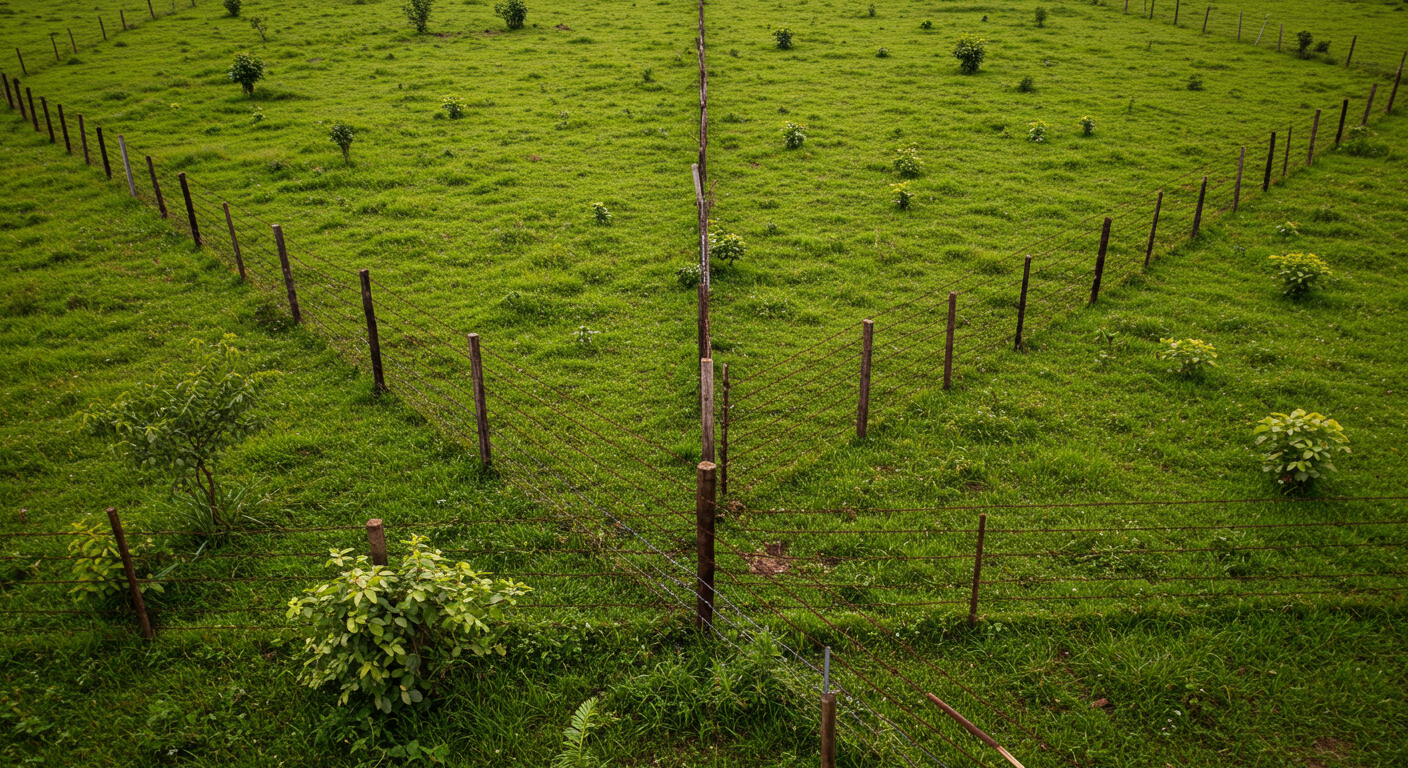- Land banking is the practice of buying land and holding it with no immediate plans for development.
- In order to get a return on investment, it is important to ensure that the land you are about to purchase is in a developing area, where prices are low and expected to rise over time.
- Unlike real estate, where you can earn rental income, land banking is a long-term investment that requires patience.
- Whether you choose to hold, sell, or develop the land, the key is understanding market trends and making informed decisions.
Land banking is the practice of buying land and holding it with no immediate plans for development, expecting its value to increase over time.
This investment strategy has gained popularity in Kenya, especially in the past decade, due to increased awareness, easier access to information, and advancements in technology. Today, finding genuine land for sale is more convenient, and financing options from banks and SACCOs have made land ownership more accessible.
However, like any investment, land banking has its pros and cons. So, is it a wise financial move? Let’s break it down.
READ ALSO: Land Banking in Kenya: Investment Opportunity or Gamble?
Table of Contents
How Land Banking Works
Now that you have a clear understanding of what land banking is, how exactly does it work? Let’s break it down;
Identifying Strategic Land
The key to successful land banking is spotting potential before everyone else. In order to get a return on investment, it is important to ensure that the land you are about to purchase is in a developing area, where prices are low and expected to rise over time. Take Ruiru for example. Twenty years ago, it was largely undeveloped land, but its proximity to Nairobi made it a prime investment spot.
Investors who bought land early secured it at incredibly low prices. Fast forward to today, and Ruiru has transformed into one of the most sought-after towns. Once a largely undeveloped area, it is now home to Tatu City, boasting exponential infrastructural growth and thriving as both an industrial and residential hub.
About 10 years ago, an acre of land in Ruiru sold for around Ksh 300,000. Today, however, just an eighth of an acre costs between Ksh 800,000 and Ksh 1.2 million, a staggering increase of over 400%. Investors who bought land back then are now reaping the full benefits of this appreciation
Buying the Land
Once you have identified a piece of land, you can purchase it individually, through SACCOs, chamas, or real estate firms. However, before making any transactions, it is crucial to conduct due diligence to avoid legal or financial pitfalls. Start by performing a land search at the Ministry of Lands to confirm that the title deed is clean and that the seller is the rightful owner. Additionally, verify that the land has no disputes, caveats, or pending legal issues.
Finally, ensure that all transactions are documented correctly. This includes obtaining a sales agreement, transfer forms, and any necessary approvals to secure ownership legally.
Holding the Land(Waiting for Appreciation)
Unlike real estate, where you can earn rental income, land banking is a long-term investment that requires patience. The time it takes for land to appreciate varies, typically ranging from 5 to 15 years, depending on how quickly the area develops.
In most cases, land naturally appreciates over time, as increased infrastructure, businesses, and population growth drive up demand. Holding onto your land for several years significantly increases the likelihood of earning a profit when you decide to resell.
Selling or Developing the Land
Once your land has appreciated in value, you have two main options: selling it for a profit or developing it to generate even higher returns. If you choose to sell, ensure you research current market prices and work with credible real estate agents to get the best deal. On the other hand, developing the land, whether for residential, commercial, or agricultural use, can significantly increase its long-term value. Factors such as zoning regulations, infrastructure development, and demand in the area should guide your decision. Whichever path you take, proper planning and timing are key to maximizing your investment.
Why Land Banking is a Good Investment
Land banking is a great way to grow your wealth over time. Unlike other investments that can lose value, land almost always appreciates as demand increases. It’s also low maintenance since you don’t have to deal with tenants or repairs like in real estate. Plus, you can use it as collateral if you ever need a loan. If you buy in the right location and hold onto it for a few years, you’re almost guaranteed to make a good profit.
Cons of Land Banking
Despite its benefits, land banking has some downsides. The biggest one is that it takes time, you won’t see profits overnight. Unlike rental properties, land doesn’t bring in regular income, so you need to be patient. There’s also the risk of buying land with disputes or in an area that takes longer than expected to develop. If the infrastructure doesn’t improve, the land’s value might not grow as fast as you hoped.
Conclusion
Land banking remains a powerful investment strategy, especially for those willing to be patient. While it comes with certain risks, proper research, strategic location choices, and legal due diligence can help investors maximise returns. Whether you choose to hold, sell, or develop the land, the key is understanding market trends and making informed decisions. With the right approach, land banking can be a profitable and secure path to wealth creation.
READ ALSO: Common Land Investment Myths You Will Be Glad Aren’t True



